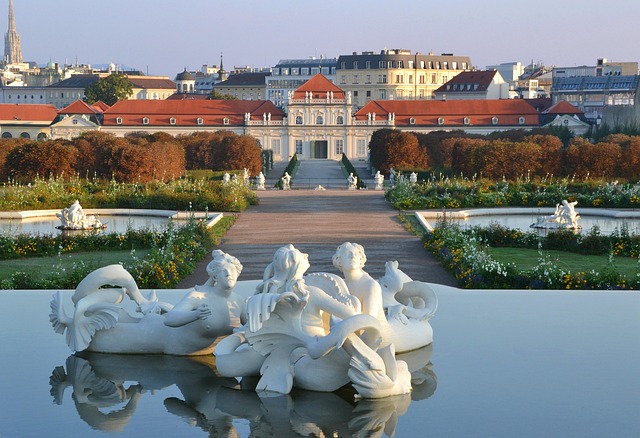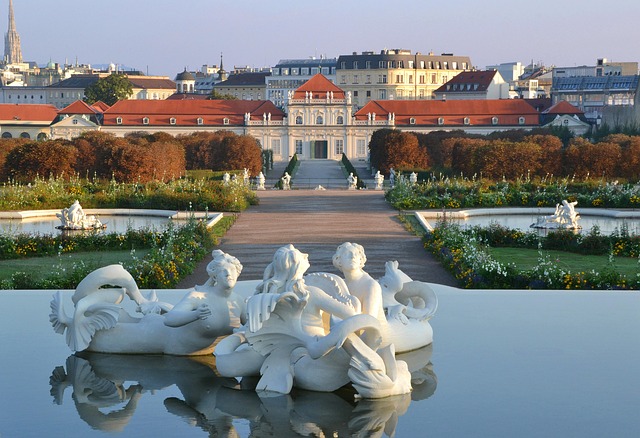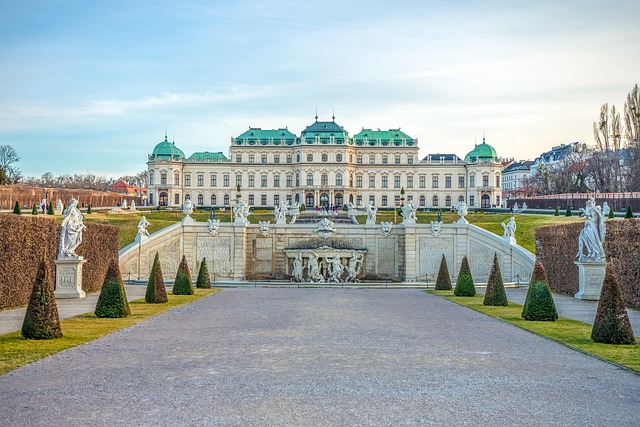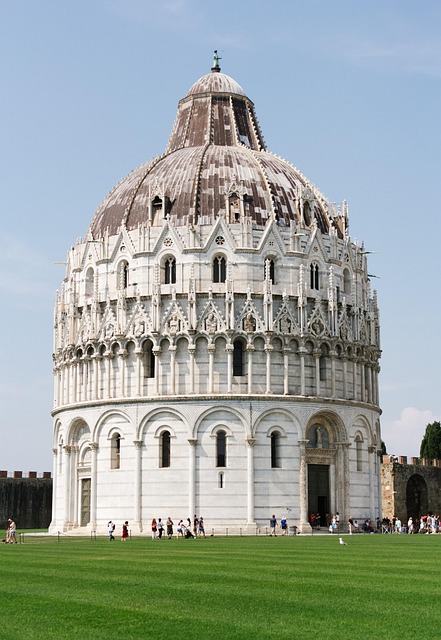Established in 1873, the University of Oregon has significantly shaped Eugene, Oregon's history, transforming it from a small farming town into a vibrant cultural and academic hub. Its influence has driven economic development, fostered intellectual growth, and enriched the city's social fabric, leading to its reputation as a progressive, environmentally conscious community with a rich tapestry of arts, culture, and diversity, all underpinned by the University's academic excellence and research initiatives.
“Unraveling the rich history of Eugene, Oregon, we find a city shaped by pivotal events that have left an indelible mark. From its humble beginnings as a founding settlement to becoming a cultural hub, Eugene’s transformation is closely tied to key milestones. The establishment of the University of Oregon played a game-changing role, catalyzing growth and fostering social evolution.
This article explores how historical events, post-university arrival, propelled Eugene into a vibrant metropolis, highlighting the enduring impact of these moments on the city we know today.”
- The Founding of Eugene and Its Early History
- Establishment of the University of Oregon: A Catalyst for Growth
- Key Milestones in Eugene's Development Post-University Arrival
- Social and Cultural Transformations Shaping Eugene
- Modern Day Eugene: The Impact of Historical Events on Today's City
The Founding of Eugene and Its Early History

Eugene, Oregon, was founded in 1846 and has a rich history deeply intertwined with its early settlers and subsequent development as an educational hub. The city’s inception is largely attributed to the arrival of the Pacific Railroad, which facilitated trade and migration. The area’s natural beauty, encompassing lush forests and the Willamette River, also played a significant role in its appeal.
The establishment of the University of Oregon in 1873 had a profound impact on Eugene’s growth. As an academic institution, the university attracted scholars and students from across the nation, contributing to the city’s cultural and intellectual development. This early historical context set the stage for Eugene’s transformation into a vibrant community, later recognized for its progressive politics and commitment to environmental conservation.
Establishment of the University of Oregon: A Catalyst for Growth

The establishment of the University of Oregon in 1873 was a pivotal moment, serving as a catalyst for the city’s growth and development. It brought intellectual rigor and cultural advancement to Eugene, fostering an environment that attracted diverse communities and businesses. The university’s impact extended far beyond academia, stimulating local economic growth through research, innovation, and the creation of high-quality jobs.
Over time, the University of Oregon became a hub for knowledge and creativity, contributing significantly to Eugene’s transformation from a small farming town into a vibrant urban center. Its presence encouraged the development of supporting industries, cultural institutions, and infrastructure, solidifying Eugene’s place as an important cultural and educational hub in the region.
Key Milestones in Eugene's Development Post-University Arrival

After its founding in 1873, Eugene, Oregon, experienced significant growth and transformation with the arrival of the University of Oregon in 1917. The university’s impact on the city was profound, attracting students and faculty from across the globe, fostering a vibrant academic community, and driving economic development. This period marked a turning point for Eugene, transforming it from a small farming town into a bustling urban center.
The University of Oregon’s influence extended beyond academics, contributing to cultural life, research initiatives, and the city’s overall intellectual climate. The institution played a pivotal role in shaping Eugene’s identity, introducing diverse ideas and people that enriched its social fabric. This era also witnessed the development of key infrastructure, such as the expansion of public parks, libraries, and cultural venues, reflecting the growing sophistication and livability of the region.
Social and Cultural Transformations Shaping Eugene

Eugene, Oregon, has witnessed significant social and cultural transformations over its history, largely influenced by the presence of the University of Oregon. As a vibrant academic hub, the university has played a pivotal role in shaping the city’s identity. The institution attracts students and scholars from diverse backgrounds, fostering an atmosphere of intellectual curiosity and cultural exchange. This melting pot of ideas and people has contributed to Eugene’s reputation as a progressive and inclusive community.
The University of Oregon’s influence can be seen in the city’s vibrant arts scene, with numerous galleries, theaters, and cultural events catering to students and locals alike. Moreover, academic initiatives have driven discussions on social justice, environmental sustainability, and innovation, reflecting Eugene’s commitment to progress and its connection to the university’s intellectual core.
Modern Day Eugene: The Impact of Historical Events on Today's City

Modern Day Eugene: Shaped by Historical Events, Fueled by the University of Oregon’s Impact
Today’s Eugene is a vibrant city with a rich history deeply intertwined with significant events from the past. From its early days as a small settlement to becoming a thriving urban center, each historical chapter has left an indelible mark on the community. The city’s journey reflects the resilience and growth of its residents, influenced by pivotal moments that have shaped its identity. These historical events not only provide insight into Eugene’s development but also serve as reminders of the collective struggles and triumphs that have brought it to where it stands today.
The University of Oregon’s presence has been a catalyst for immense positive change in modern-day Eugene. Its impact reverberates through the city’s culture, economy, and intellectual landscape. The university’s influence is evident in the bustling academic atmosphere, the diverse tapestry of students and faculty contributing to a vibrant community, and the numerous research initiatives that drive innovation. This educational institution has not only contributed to Eugene’s intellectual growth but also fostered a dynamic environment where ideas dance and knowledge metamorphoses, leaving an indelible mark on both the city and its people.














